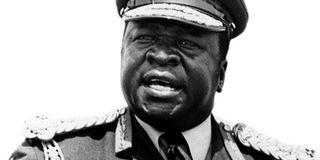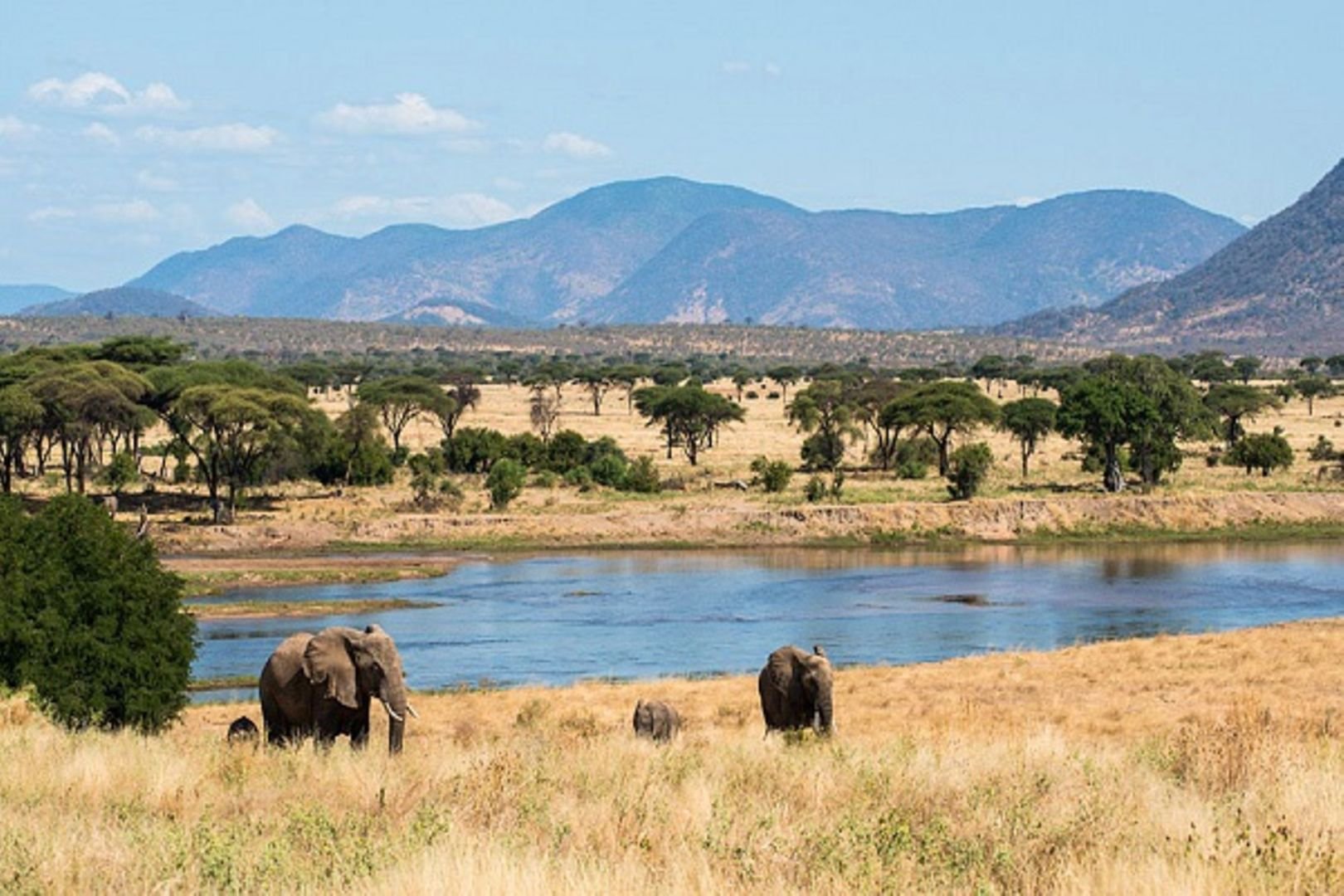Idi Amin: From humble childhood to coup leader

Idi Amin Dada. FILE PHOTO
What you need to know:
Series. Tomorrow marks exactly 40 years since a combined force of Tanzanian military and Ugandan exiles ousted President Idi Amin. He fled, first to Libya, and onward to Saudi Arabia where he died on August 16, 2003. In this first installment of our series, Idi Amin: A Polarising Legacy, our reporter, Emmanuel Mutaizibwa, strips Amin’s cunning and erratic attributes and his unexpected rise to presidency.
The picture of Idi Amin Dada, chauffeuring himself in a jeep at Kololo Independence Grounds, alongside a young officer, Isaac Maliyamungu, bears a lasting impression of a flamboyant leader both reviled and revered.
For those who lost loved ones at the hands of a motley gang of security outfits during his reign of terror, Amin was capricious, impulsive and violent.
His admirers, however, saw at the country’s helm a leader who had awakened national consciousness.
Between 1971, when he shot to power and 1979, when he was toppled, Amin turned out to be conflicted.
He offered charm, pompous displays and unbridled rage in equal measure; he was a doting father, but turned ruthless when dealing with his real and perceived enemies.
Many were, as a punishment, shot in firing squads, which spread fear across Uganda and beyond.
In his book, A State of Blood, Mr Henry Kyemba, a former minister and principal private secretary to Amin writes:
“Although future historians will have the final say, I believe that the answer lies in Uganda’s immediate past and the course of events that offered Amin opportunities to assert his remarkable personality.”
This history partly lies in Amin’s childhood and his role in the King African Rifles (KAR), where the British colonialists relied on him to crush pockets of Mau Mau nationalist resistance in Kenya.
Amin’s formative years were of hardship. Perhaps this prepared him for the tough times ahead.
Amin was born on May 17, 1928, at a police barracks at the present-day Serena International Conference Centre in Kampala. Some accounts contradict this version, made worse by the fact that most births at the time were unregistered.
Find details of the full story here
Tomorrow, we take a deep dive into the short-lived delight over the change of guards at State House and how Amin consolidated his power.
Please, we do kindly ask of you to share your experience of living under Amin for our publication by emailing us on: [email protected]




